






5-Star Service, Trusted & Loved by Hundreds
Your Appraiser Search Ends Here
Your Appraiser Search Ends Here
.avif)

Nationwide Coverage – Appraisals Anywhere in the US

Get it done Onsite or Online

Any Asset, Covered

Defensible for Any Purpose
Frequently Asked
Questions
No Frequently Asked Questions Found.
The form captures a comprehensive range of assets, including both tangible and intangible property such as real estate, financial investments, business interests, cash holdings, and personal property. Its primary function is to calculate the gross estate value and identify any potential estate tax that may be owed based on the current federal exemption threshold.
Typically, the executor or personal representative of the deceased's estate is responsible for completing and filing Form 706. The filing becomes mandatory when the total estate value surpasses the current federal exemption limit, which can fluctuate annually based on current tax legislation.
The form itself is structured into multiple critical sections, each designed to provide a comprehensive financial overview. These include detailed reporting of gross estate value, allowable deductions such as outstanding debts and funeral expenses, precise tax computations, and documentation of any previous payments or available credits.
Importantly, Form 706 must be filed within nine months of the date of death, though extensions can be requested for filing purposes. While not every estate requires this filing, careful and accurate completion is essential to ensure proper tax compliance and avoid potential legal complications for estate beneficiaries.
Establishing a precise fair market value is paramount. The IRS requires an objective, professional evaluation of each asset at its value on the date of the decedent's death. This valuation becomes the cornerstone for calculating potential estate tax liabilities, ensuring transparency and accuracy in the reporting process.
Tax calculations demand meticulous attention to detail. Even slight variations in asset valuation can significantly impact the estate's tax burden. Undervaluing assets may trigger unexpected tax penalties, while overvaluation can unnecessarily strain the estate's financial resources. A comprehensive, professional appraisal minimizes these risks by providing a defensible and accurate assessment.
Legal protection is another crucial consideration. A professionally conducted appraisal creates a documented record that can preempt potential disputes among heirs, beneficiaries, or creditors. Should an IRS audit occur, this documentation serves as authoritative evidence, potentially shielding the estate from costly legal challenges.
Charitable contributions require equally rigorous valuation. When estates include philanthropic bequests, precise appraisals substantiate these donations for both IRS requirements and receiving organizations. This careful documentation can optimize tax considerations and ensure the donor's intentions are fully realized.
Asset distribution becomes more transparent with accurate valuations. An objective assessment provides a clear framework for equitable distribution among beneficiaries, reducing the potential for interpersonal conflicts during an already challenging time.
State-level regulations add another layer of complexity. Many states impose additional appraisal requirements that extend beyond federal mandates. Engaging professionals with comprehensive knowledge of both federal and state regulations ensures complete compliance across all jurisdictions.
Complex assets demand specialized expertise. Properties, businesses, unique collections, and other intricate holdings require nuanced evaluation. Qualified appraisers bring the necessary technical knowledge to accurately assess these specialized assets, providing a comprehensive and reliable valuation.
Ultimately, a professional appraisal for IRS Form 706 is more than a bureaucratic requirement. It represents a critical tool for responsible estate management, protecting the financial interests of both the estate and its beneficiaries while ensuring full compliance with regulatory standards.
Professional appraisers conduct an in-depth examination that considers several key elements: equipment age, operational condition, accumulated usage hours, specific brand and model characteristics, and current market dynamics. Each factor is carefully weighted to generate an accurate representation of the asset's true worth.
The appraisal process begins with a detailed physical inspection, where experts methodically evaluate the equipment's structural integrity, mechanical functionality, and overall performance potential. Maintenance records play a crucial role, offering insights into the equipment's historical care and potential longevity. Well-maintained machinery typically commands a higher valuation, reflecting the diligence of its previous owners.
Comparative market analysis forms another cornerstone of the appraisal methodology. Appraisers cross-reference the equipment against recent sales of similar machinery, ensuring the valuation reflects current market conditions and industry trends. This approach provides a nuanced, data-driven perspective that goes beyond surface-level assessments.
Different sectors leverage construction equipment appraisals for varied purposes. Contractors use these evaluations to make strategic decisions about equipment acquisition or disposition. Financial institutions rely on precise valuations to assess lending risks and determine appropriate financing terms. Rental companies depend on these assessments for fleet management and insurance purposes.
Ultimately, a construction equipment appraisal represents a complex intersection of technical expertise, market knowledge, and financial analysis. It provides stakeholders with a reliable, objective assessment that supports informed decision-making in an ever-evolving industry landscape.
Detailed digital assessments typically involve clients submitting high-quality photographs and comprehensive equipment specifications. Appraisers carefully analyze these submitted materials, examining equipment condition, age, operational history, and market comparability factors. This method allows for precise evaluation without requiring physical presence.
Interactive online appraisal options have expanded, leveraging video conferencing platforms like Zoom, Google Meet, and Skype. These live sessions enable real-time equipment examination, allowing appraisers to request specific angles, discuss unique features, and conduct thorough visual inspections with clients.
The digital appraisal process offers significant advantages, including dramatically reduced turnaround times and elimination of geographical constraints. Clients can receive professional assessments quickly and conveniently, without scheduling complex in-person meetings or incurring additional travel expenses.
Modern appraisal techniques incorporate advanced technological tools and professional expertise to deliver accurate, reliable equipment valuations. By combining detailed documentation, visual evidence, and professional analysis, online construction equipment appraisals provide comprehensive insights that meet industry standards and client expectations.
Certified general appraisers offer the broadest expertise, holding comprehensive licenses that enable them to assess virtually any type of heavy machinery. Their deep market knowledge allows for nuanced valuations of complex and high-value equipment, making them invaluable for comprehensive assessments.
Licensed equipment appraisers focus specifically on machinery valuation, developing deep expertise in construction equipment like excavators, bulldozers, and cranes. Their specialized knowledge ensures precise evaluations that account for industry-specific factors, regulatory compliance, and detailed condition assessments.
Industrial appraisers bring a strategic perspective, examining equipment within the broader context of manufacturing and construction operations. They excel at understanding how machinery integrates into industrial ecosystems, providing holistic valuations that consider operational capabilities and market positioning.
Cost approach appraisers utilize a methodical replacement value strategy, calculating equipment worth based on reproduction costs and accounting for depreciation. This approach proves particularly effective for new or unique machinery, offering a scientific basis for valuation.
Market approach appraisers leverage comparative sales data, analyzing recent transactions to determine fair market value. By examining factors like age, condition, and brand reputation, they provide insights that reflect current market dynamics and competitive pricing trends.
Auction appraisers specialize in evaluating equipment within the unique context of sales environments. Their expertise in predicting auction performance helps buyers and sellers understand potential market values, drawing from historical sales data and current industry trends.
Selecting the right appraiser depends on specific assessment needs, equipment type, and valuation objectives. Understanding these professional distinctions empowers businesses and individuals to make informed decisions about their construction equipment assets.
Financial decision-makers rely on equipment appraisals to understand the true economic landscape of their assets. By establishing precise market values, companies can make informed choices about equipment maintenance, replacement, and potential divestiture. These evaluations capture nuanced details about depreciation, current market conditions, and potential future value trajectories.
Insurance and risk management represent another crucial dimension of equipment appraisals. Accurate valuations ensure appropriate coverage levels, protecting organizations from potential financial vulnerabilities in case of unexpected equipment loss or damage. This proactive approach mitigates potential economic disruptions and provides a clear framework for claims processes.
Lending institutions and financial partners frequently require professional equipment appraisals when considering financing or leasing arrangements. A comprehensive, objective assessment provides credibility and transparency, potentially securing more favorable lending terms and demonstrating the organization's financial sophistication.
Tax planning and compliance represent additional significant benefits of professional equipment appraisals. Whether addressing charitable donations, estate planning, or annual tax reporting, precise valuations help organizations maximize potential tax advantages while maintaining regulatory adherence.
Strategic asset management emerges as a fundamental outcome of regular equipment appraisals. By tracking equipment value over time, businesses can develop more intelligent procurement strategies, anticipate replacement cycles, and optimize their capital investment approaches.
Ultimately, construction equipment appraisals transcend simple monetary calculations. They represent a holistic tool for financial strategy, risk management, and organizational planning, enabling more sophisticated and informed decision-making across multiple business dimensions.
Why Do Construction Equipment Appraisals Matter for Estate Tax Reporting?
Construction equipment appraisals are a critical component of accurate estate tax reporting, particularly when completing IRS Form 706. Understanding the nuanced role of these appraisals helps estate executors and beneficiaries effectively manage complex tax obligations.
Key Reasons Construction Equipment Appraisals Matter
- Regulatory Compliance
- Ensures adherence to IRS regulations regarding fair market value reporting
- Provides documented evidence of asset value
- Prevents potential penalties or tax disputes
- Tax Liability Management
- Prevents overpaying or underpaying estate taxes
- Accurately reflects equipment's current market value
- Protects financial interests of estate and beneficiaries
- Strategic Asset Management
- Supports informed decision-making about equipment disposition
- Accounts for market value fluctuations
- Enables precise estate administration
Understanding Fair Market Value
The IRS defines fair market value as the price an asset would command between a willing, knowledgeable buyer and seller. For construction equipment, this means considering factors such as:
- Current equipment condition
- Technological obsolescence
- Market demand
- Remaining useful life
Importance of Precision
A meticulously conducted appraisal serves multiple critical functions, from ensuring tax compliance to protecting the financial interests of the estate and its beneficiaries. By providing an accurate representation of construction equipment's value, executors can navigate the complexities of estate tax reporting with confidence and transparency.
Understanding the Basics of IRS Form 706
IRS Form 706, the United States Estate (and Generation-Skipping Transfer) Tax Return, is a critical document for estate settlement involving significant assets. This comprehensive form requires detailed reporting of an estate's value and calculation of potential estate taxes.
Key Components of Form 706 and Construction Equipment Valuation
When an estate includes construction equipment, precise valuation becomes crucial. The IRS mandates a specific approach to determining asset value:
- Fair Market Value (FMV) Definition: The price at which property would exchange between a willing buyer and seller, with:
- No compulsion to buy or sell
- Reasonable knowledge of relevant facts
Valuation Complexity Factors
Construction equipment appraisal involves navigating multiple intricate considerations:
- Asset Characteristics:
- Equipment age
- Current condition
- Brand and model specifics
- Current market demand
- Depreciation Impacts:
- Value reduction from wear and tear
- Technological obsolescence
- Shifting market preferences
Professional Appraisal Recommendations
Executors should consider these critical strategies for accurate equipment valuation:
- Engage a qualified appraiser specializing in construction equipment
- Obtain comprehensive, detailed valuation reports
- Ensure documentation can withstand IRS scrutiny
- Facilitate smooth estate settlement process
Understanding these valuation nuances helps executors navigate estate settlements with confidence, ensuring compliance and minimizing potential tax complications.
Navigating the Complex Landscape of Construction Equipment Valuation
Valuing construction equipment for IRS Form 706 purposes demands a sophisticated approach that integrates multiple critical considerations. The process involves navigating a complex landscape of technical, market, and regulatory factors.
Key Factors in Construction Equipment Valuation
Equipment Classification and Characteristics
- Broad range of equipment types, from heavy machinery to precision tools
- Unique depreciation schedules for different equipment categories
- Specific market dynamics for each equipment classification
Comprehensive Condition Assessment
A meticulous evaluation of equipment condition is paramount, involving:
- Detailed inspection of mechanical functionality
- Comprehensive assessment of wear and tear
- Identification of potential repair or maintenance requirements
- Impact of equipment condition on overall market value
Market Dynamics and Valuation Considerations
- Analysis of current economic conditions
- Evaluation of industry-specific market demand
- Comparative market analysis using recent sales data
- Assessment of regional and national equipment markets
Regulatory Compliance and Documentation
Strict adherence to IRS guidelines is critical, particularly for Form 706 requirements:
- Determination of "fair market value"
- Precise documentation of valuation methodology
- Comprehensive reporting of equipment characteristics
- Compliance with current tax regulations
Professional Expertise and Valuation Accuracy
Engaging a specialized construction equipment appraiser ensures:
- Access to advanced valuation resources
- In-depth understanding of technical and market nuances
- Minimized risk of regulatory challenges
- Comprehensive and defensible valuation documentation
Successfully navigating construction equipment valuation requires a multifaceted approach that combines technical knowledge, market insight, and rigorous analytical methodologies.
Essential Equipment Types for Comprehensive Appraisal
Essential Equipment Categories in Construction Equipment Appraisal
A comprehensive construction equipment appraisal for IRS Form 706 requires a detailed examination of key equipment types. Understanding these categories ensures accurate valuation and compliance with tax regulations.
1. Earthmoving Equipment
- Includes machinery designed for moving large quantities of earth
- Key examples: excavators, bulldozers, backhoes
- Valuation factors:
- Equipment age
- Overall condition
- Total operating hours
2. Material Handling Equipment
- Critical for transportation of materials on construction sites
- Primary equipment types:
- Forklifts
- Cranes
- Conveyor systems
- Appraisal considerations:
- Lifting capacity
- Operational type
- Comprehensive maintenance history
3. Compaction Equipment
- Essential for densifying soil and construction materials
- Common equipment:
- Rollers
- Plate compactors
- Valuation focuses on:
- Operational efficiency
- Task performance capabilities
4. Concrete Equipment
- Specialized machinery for concrete processing
- Equipment includes:
- Concrete mixers
- Concrete pumps
- Concrete vibrators
- Value determination factors:
- Brand reputation
- Wear and tear
- Technological advancements
5. Road Construction Equipment
- Specialized tools for roadwork projects
- Key machinery:
- Pavers
- Milling machines
- Appraisal priorities:
- Safety standard compliance
- Overall productivity levels
6. Specialized Equipment
- Addresses unique construction requirements
- Examples:
- Demolition machines
- High-reach equipment
- Value assessment based on:
- Niche market demand
- Technological features
A meticulous understanding of these equipment categories is fundamental to conducting a precise appraisal for IRS Form 706. Such comprehensive evaluations not only impact tax considerations but also provide critical insights for future financial and investment strategies.
Proven Valuation Methodologies for Precision
Proven Valuation Methodologies for Precision
When it comes to construction equipment appraisal, particularly for IRS Form 706 purposes, several proven valuation methodologies are employed to ensure accuracy and compliance. Understanding these methodologies not only aids in determining fair market value but also in navigating potential tax implications effectively.
1. Cost Approach
The cost approach is grounded in the principle of substitution, which posits that a buyer will not pay more for an asset than the cost to acquire a comparable substitute with the same utility. Key aspects include:
- Calculating replacement or reproduction cost of equipment
- Considering factors such as:
- Depreciation
- Wear and tear
- Current market conditions
- Particularly useful for newer equipment where depreciation significantly impacts value
2. Sales Comparison Approach
The sales comparison approach provides a market-driven valuation method by:
- Analyzing recent sales data of similar construction equipment
- Gauging current market trends
- Making precise adjustments for:
- Equipment age
- Overall condition
- Specific equipment specifications
3. Income Approach
The income approach is particularly relevant for specialized equipment by:
- Estimating expected income generated over the equipment's useful life
- Discounting projected income to present value
- Most applicable for equipment that directly contributes to business revenue generation
4. Hybrid Approach
A comprehensive valuation strategy that:
- Combines multiple valuation methodologies
- Provides a more robust and reliable assessment
- Mitigates limitations of single-method evaluations
- Offers a multi-perspective analysis of equipment value
By leveraging these sophisticated methodologies, professional appraisers can provide precise valuations that fully comply with IRS standards, ensuring construction equipment is accurately reflected in estate valuations for Form 706.
The Critical Role of Certified Appraisers
Expertise and Credibility
Certified appraisers bring a critical level of professional expertise to construction equipment valuation for estate tax purposes. Their specialized skills and credentials ensure accurate and reliable assessments through:
- Comprehensive understanding of complex market dynamics
- Advanced knowledge of equipment depreciation methodologies
- Technical proficiency in assessing machinery condition and value
- Deep insight into industry-specific valuation standards
Objective Valuation Process
The hallmark of a certified appraiser's approach is unwavering objectivity. Key characteristics of their valuation process include:
- Strict adherence to professional appraisal standards
- Elimination of personal or stakeholder bias
- Transparent assessment methodologies
- Systematic evaluation of equipment market value
Comprehensive Reporting
Certified appraisers deliver far more than a simple numerical assessment. Their comprehensive reports typically encompass:
- Detailed on-site equipment inspections
- Rigorous analysis of comparable sales data
- Consideration of unique value-affecting factors
- Transparent documentation of valuation methodology
Risk Mitigation Strategies
Engaging a certified appraiser provides critical protection during the estate tax reporting process:
- Reduces potential for IRS audit complications
- Minimizes risk of unexpected tax penalties
- Ensures compliance with complex tax regulations
- Protects beneficiaries' financial interests
Strategic Value Beyond Documentation
Certified appraisers offer strategic insights that extend far beyond basic equipment valuation. Their expertise helps stakeholders navigate complex estate planning challenges by providing:
- Precise market-aligned equipment valuations
- Professional documentation for tax reporting
- Credible third-party assessment
- Transparent and defensible valuation approaches
The role of certified appraisers in construction equipment valuation for IRS Form 706 is fundamentally about providing accuracy, integrity, and professional expertise during a complex estate transition process.
Comprehensive Documentation: Your Appraisal Roadmap
Comprehensive Documentation: Your Appraisal Roadmap
Preparing a comprehensive documentation strategy is crucial for a successful construction equipment appraisal for IRS Form 706 purposes. This systematic approach ensures accuracy, credibility, and compliance throughout the valuation process.
1. Detailed Equipment Identification
Comprehensive documentation begins with thorough equipment identification:
- Precise Equipment Specifications
- Complete manufacturer details
- Exact model number
- Year of manufacture
- Critical Tracking Information
- Unique serial numbers
- Precise identification markers
- Equipment-specific identifiers
- Comprehensive Condition Assessment
- Detailed condition reports
- Documentation of existing damages
- Record of all modifications or repairs
2. Ownership Verification Documentation
Establish clear ownership through meticulous documentation:
- Financial Proof of Ownership
- Original purchase invoices
- Detailed acquisition cost records
- Comprehensive transaction documentation
- Legal Ownership Verification
- Official title documents
- Transfer of ownership certificates
- Legal ownership chain documentation
3. Comprehensive Usage History
Document the equipment's operational lifecycle:
- Operational Metrics
- Total operational hours
- Detailed usage logs
- Geographic and environmental usage context
- Maintenance and Service Records
- Complete maintenance history
- Repair and upgrade documentation
- Professional service records
4. Comprehensive Market Analysis
Develop a robust understanding of market valuation:
- Comparative Market Research
- Recent sales data for similar equipment
- Regional market comparisons
- Auction and dealer listing analysis
- Industry Valuation Insights
- Current depreciation trends
- Industry-specific valuation standards
- Equipment value projection models
5. Professional Appraisal Expertise
Leverage specialized professional evaluation:
- Engage certified equipment appraisers
- Ensure compliance with IRS valuation standards
- Obtain a comprehensive, defensible valuation
By meticulously following this documentation roadmap, you create a robust foundation for an accurate and credible construction equipment appraisal that meets IRS Form 706 requirements.
Overcoming Valuation Challenges in Construction Equipment
Understanding Construction Equipment Valuation Complexities
Valuing construction equipment is a nuanced process that requires a sophisticated approach to capture the true economic value of machinery. Unlike standard asset evaluations, construction equipment appraisals demand a multifaceted analysis of several critical factors.
Key Valuation Challenges
- Market Variability
The construction industry experiences significant cyclical fluctuations driven by:
- Economic conditions
- Regional development trends
- Government infrastructure investments
- Depreciation and Equipment Condition
Equipment valuation requires careful assessment of:
- Total usage hours
- Maintenance history
- Physical condition
- Documented repair records
- Specialized Equipment Considerations
Purpose-built machinery presents unique valuation challenges that necessitate:
- Deep understanding of specific functionalities
- Comprehensive technical knowledge
- Evaluation of equipment-specific features
- Market Supply and Demand Dynamics
Equipment value is heavily influenced by:
- Current market inventory levels
- Regional equipment demand
- Potential resale opportunities
- Technological Evolution
Technological advancements impact equipment valuation through:
- Reduced desirability of older models
- Performance capabilities of newer technologies
- Efficiency and productivity improvements
Strategic Valuation Approach
A comprehensive valuation strategy integrates these complex factors to produce a reliable and defensible assessment. By meticulously analyzing market conditions, equipment condition, and technological relevance, appraisers can generate accurate valuations critical for estate planning and wealth transfer documentation.
The ultimate goal is to provide a precise representation of an asset's true market value, ensuring compliance with regulatory requirements and supporting informed financial decision-making.
Strategic Preparation for a Seamless Appraisal Process
Strategic Preparation for a Seamless Construction Equipment Appraisal
The appraisal of construction equipment for IRS Form 706 purposes is a critical step in estate planning and comprehensive asset valuation. Strategic preparation can significantly streamline the entire process and ensure accurate documentation.
Key Preparation Strategies
- Comprehensive Documentation Collection
- Compile all relevant equipment documentation
- Gather purchase invoices
- Collect maintenance records
- Retrieve any previous equipment appraisals
- Detailed Equipment Specifications
- Document precise equipment details
- Include model year and manufacturer
- Note specific upgrades or modifications
- Highlight unique equipment features
- Clear Appraisal Purpose Definition
- Articulate the specific reason for the appraisal
- Clarify whether it's for tax purposes, estate planning, or asset liquidation
- Provide context to guide appraiser's evaluation methods
- Professional Appraiser Selection
- Choose appraisers with specialized construction equipment expertise
- Verify professional certifications
- Confirm understanding of current market trends
- Assess professional reputation and experience
- Site Evaluation Preparation
- Ensure equipment is fully accessible
- Clean and organize the equipment area
- Provide a safe inspection environment
- Remove potential obstacles to thorough assessment
- Effective Communication Management
- Establish clear communication channels
- Remain available for follow-up questions
- Provide additional information promptly
- Maintain transparent and responsive interactions
Implementing these strategic preparation steps will facilitate a comprehensive and accurate appraisal process, ensuring compliance with IRS Form 706 requirements and supporting precise asset valuation.
Leveraging Technology: The Advantages of Online Appraisal Services
Leveraging Technology: The Advantages of Online Appraisal Services
In today's fast-paced digital landscape, technological advancements have revolutionized construction equipment appraisal, particularly for IRS Form 706 purposes. Online appraisal services provide several critical advantages that transform the traditional valuation process.
Key Benefits of Online Appraisal Technology
- Enhanced Efficiency
Digital platforms enable rapid data collection and analysis, significantly reducing the time required to complete comprehensive equipment valuations. Real-time data processing facilitates faster decision-making, which is crucial when managing complex tax liabilities.
- Advanced Valuation Accuracy
Sophisticated appraisal software integrates extensive databases containing current market trends, sales data, and comparable figures. This comprehensive approach ensures more precise equipment valuations by considering multiple data points and minimizing potential discrepancies.
- Unprecedented Flexibility
Online services allow clients to schedule appraisals conveniently, eliminating traditional logistical constraints. Virtual consultations enable seamless communication, particularly beneficial for businesses with assets across different geographic regions.
- Complete Transparency
Digital platforms provide real-time tracking, enabling clients to monitor appraisal progress, receive instant updates, and easily review documentation. This transparency builds trust and confidence throughout the valuation process.
Transforming Appraisal Methodology
The integration of technology into equipment appraisal represents a significant industry evolution. By combining digital tools with expert knowledge, online appraisal services deliver more efficient, accurate, and client-focused solutions for complex valuation requirements.
Next Steps: Ensuring Compliance and Accuracy
Navigating Construction Equipment Valuation for IRS Form 706
Ensuring compliance and accuracy during construction equipment appraisal requires a strategic and methodical approach. Follow these critical steps to successfully complete your IRS Form 706 valuation:
1. Comprehensive Documentation Gathering
- Collect all relevant equipment documentation, including:
- Original purchase invoices
- Detailed maintenance records
- Previous appraisal documents
- Ensure documentation provides a clear historical overview of the equipment's condition and value
2. Engage a Specialized Professional Appraiser
- Select an appraiser with specific expertise in construction equipment valuation
- Prioritize professionals who understand:
- Current market trends
- Equipment-specific nuances
- Comprehensive valuation methodology
- Verify the appraiser can assess critical factors such as:
- Equipment age
- Brand reputation
- Model specifications
- Overall operational condition
3. Understanding IRS Guidelines
- Stay current with IRS regulations regarding Form 706 estate tax returns
- Recognize the importance of precise asset valuations
- Understand potential consequences of inaccurate reporting, including:
- Financial penalties
- Potential legal complications
4. Professional Consultation
- Consider engaging a tax or legal professional specializing in estate planning
- Benefits of professional consultation include:
- Verification of appraisal alignment with IRS standards
- Comprehensive compliance review
- Risk mitigation strategies
By implementing these strategic steps, you can navigate the complex process of construction equipment valuation for IRS Form 706 with confidence and precision, ultimately facilitating a smoother estate settlement process.
View all Locations
BEST-IN-CLASS APPRAISERS, CREDENTIALED BY:






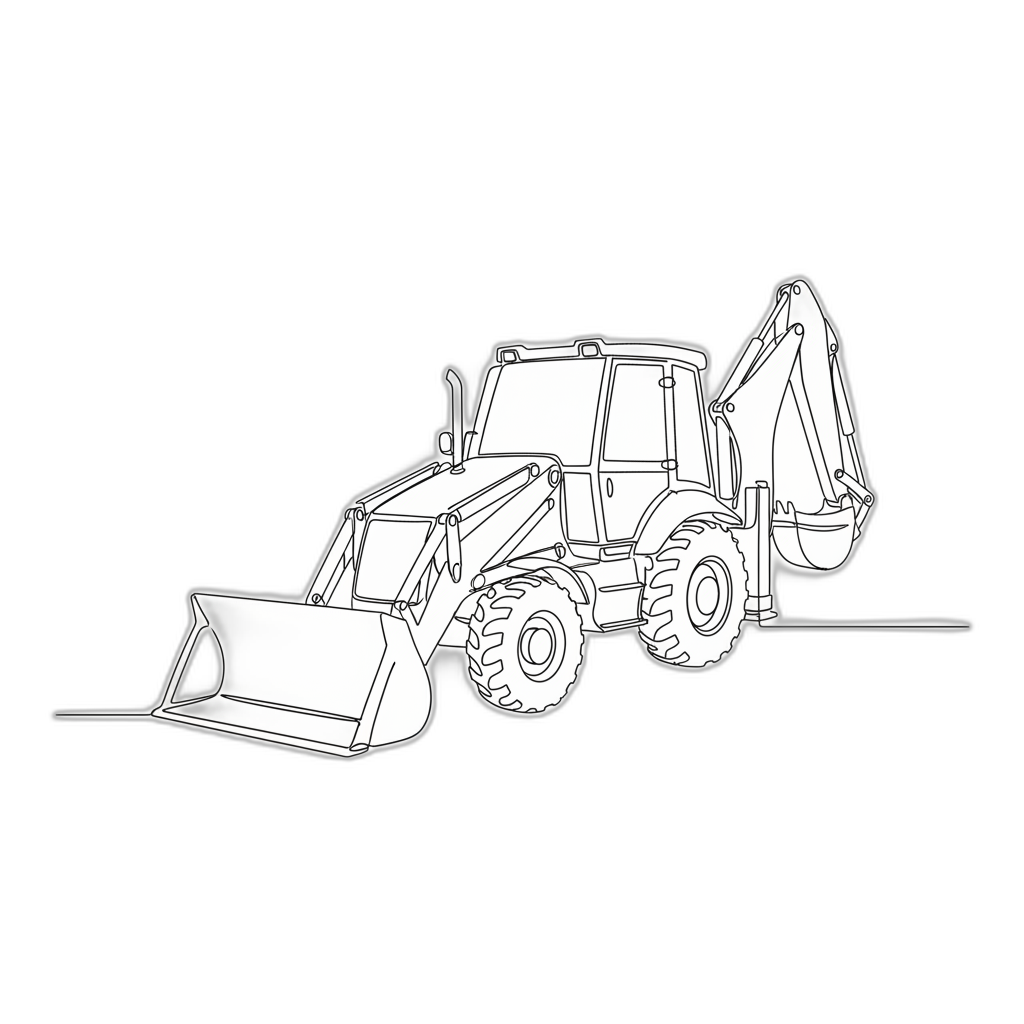
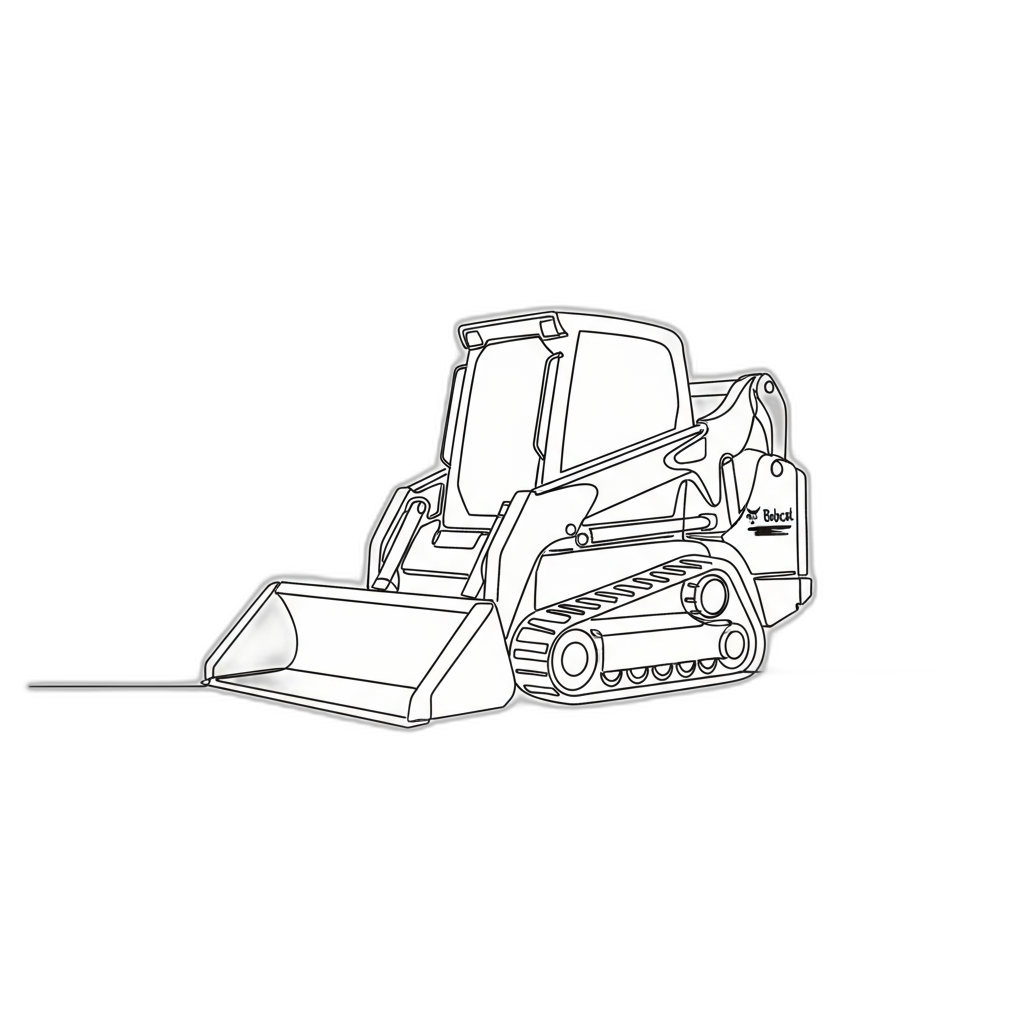
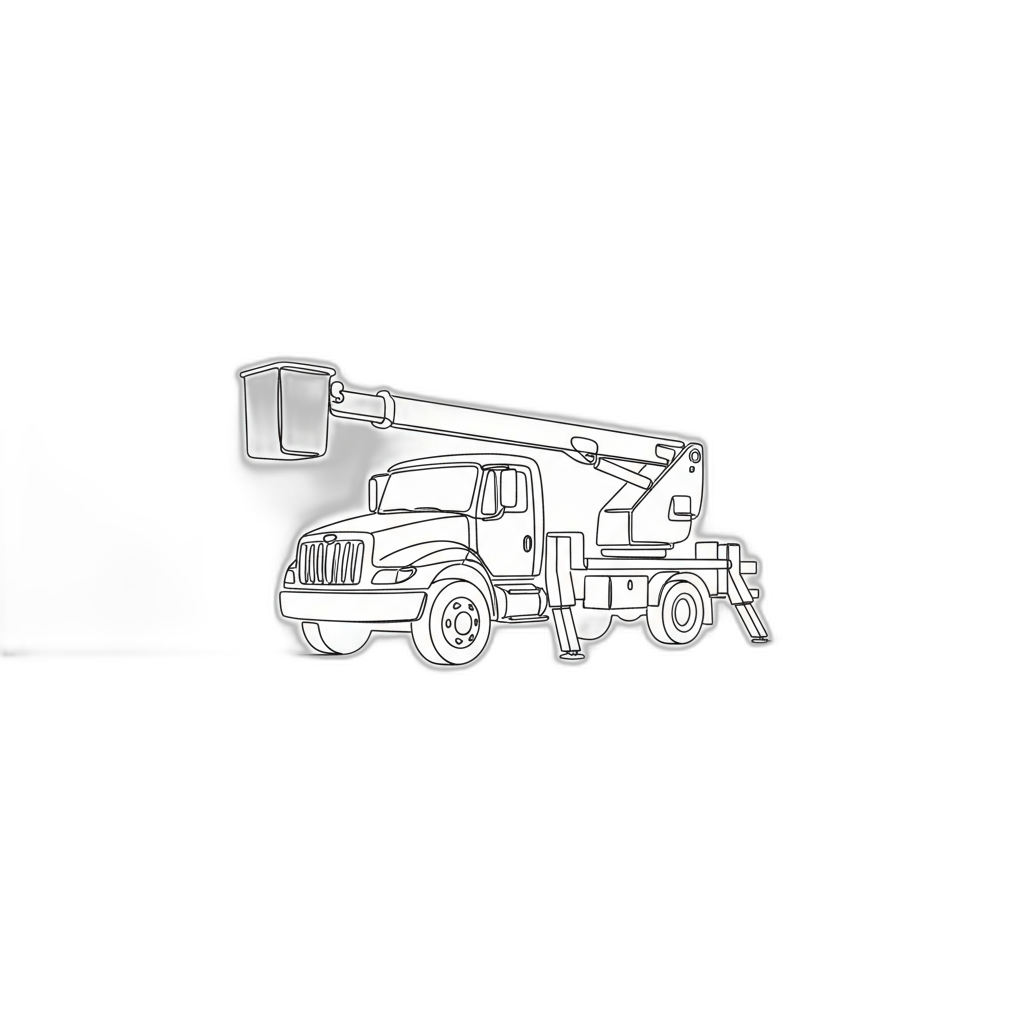
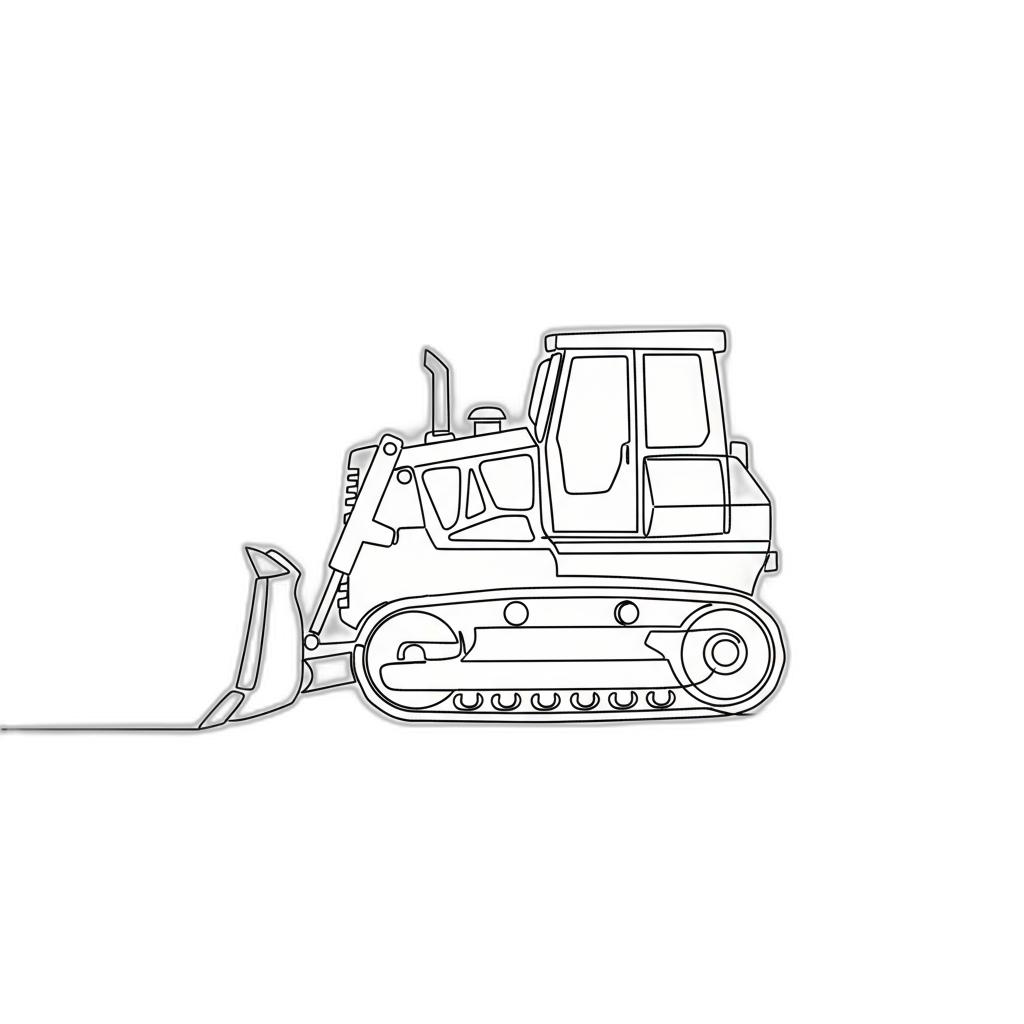
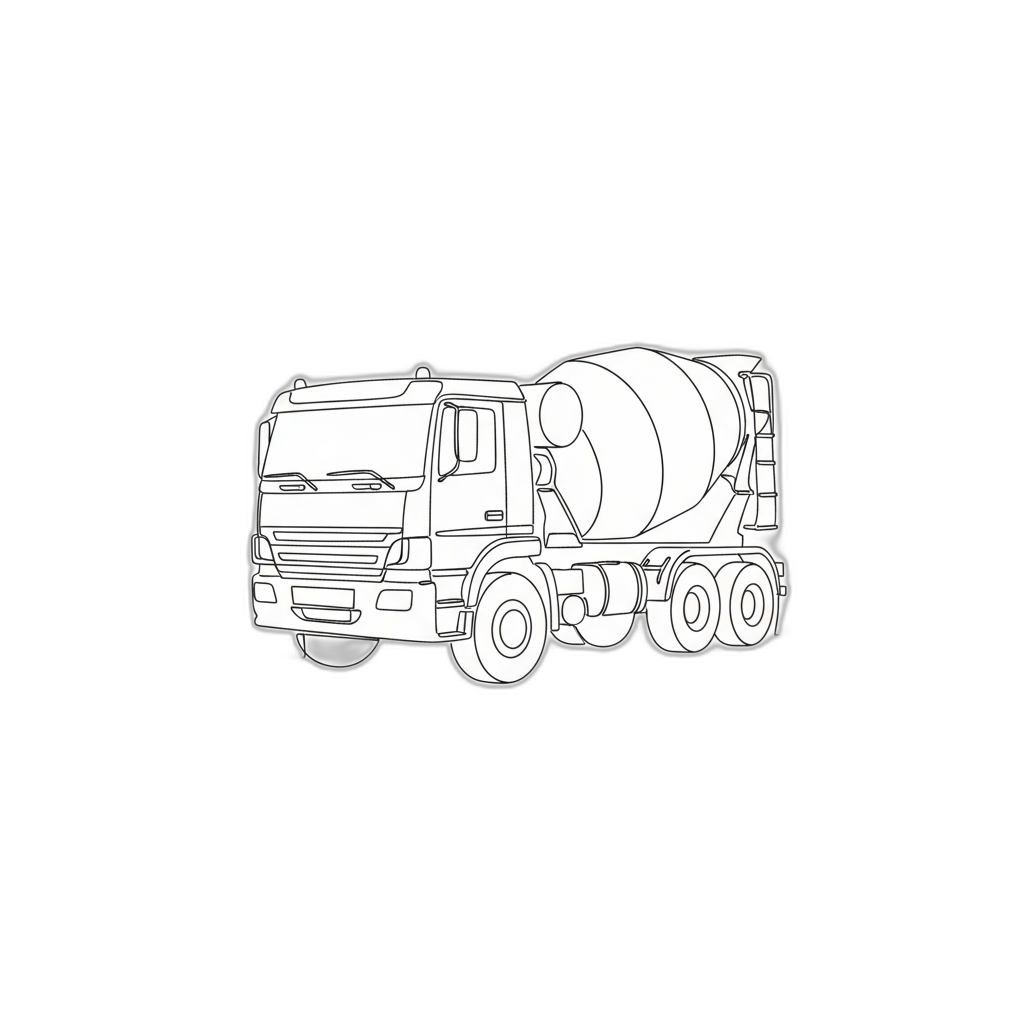


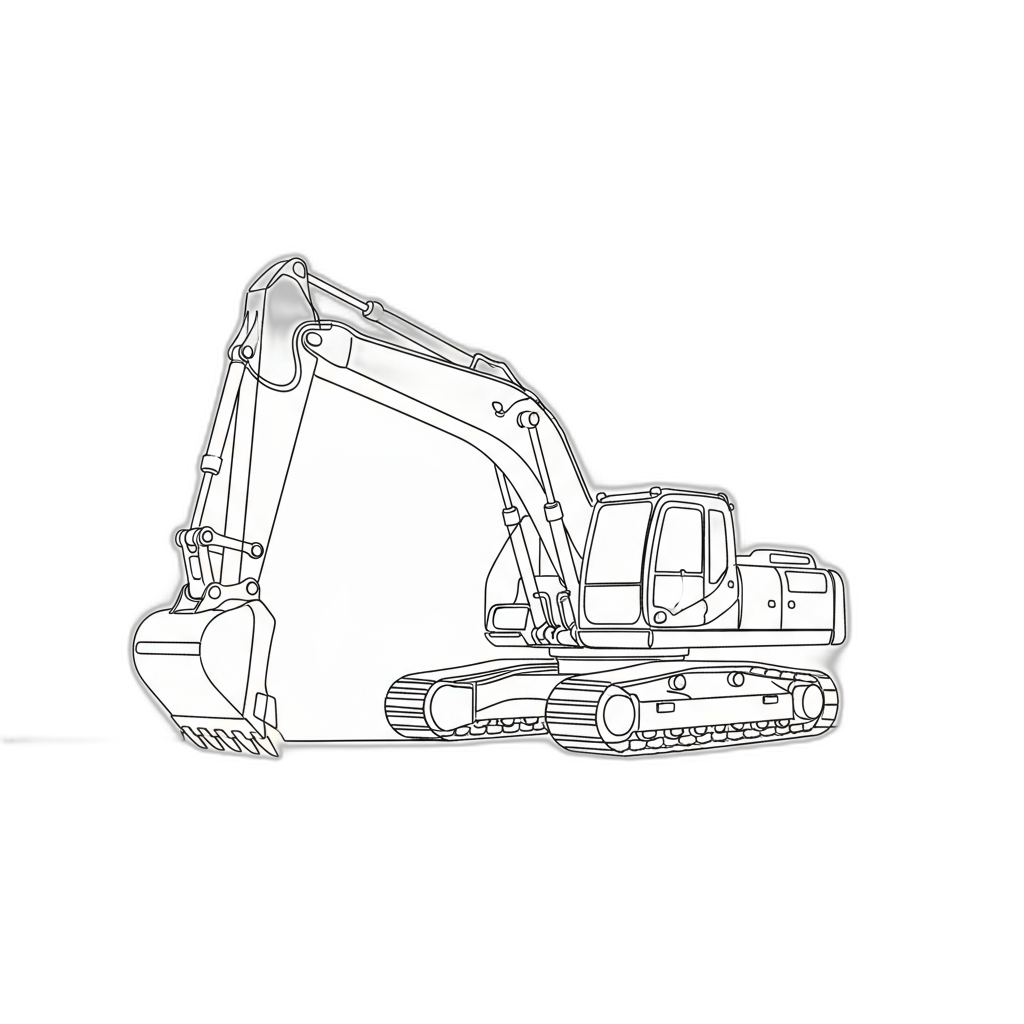
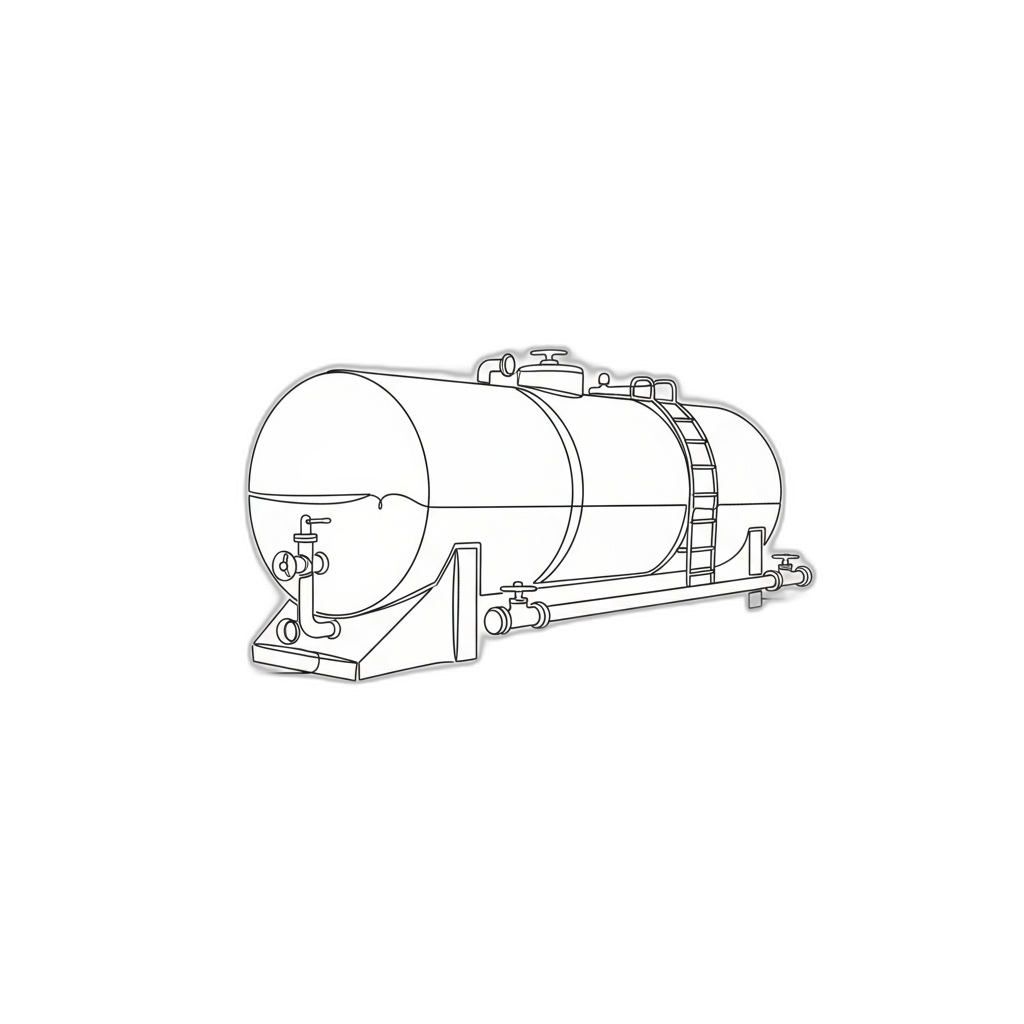

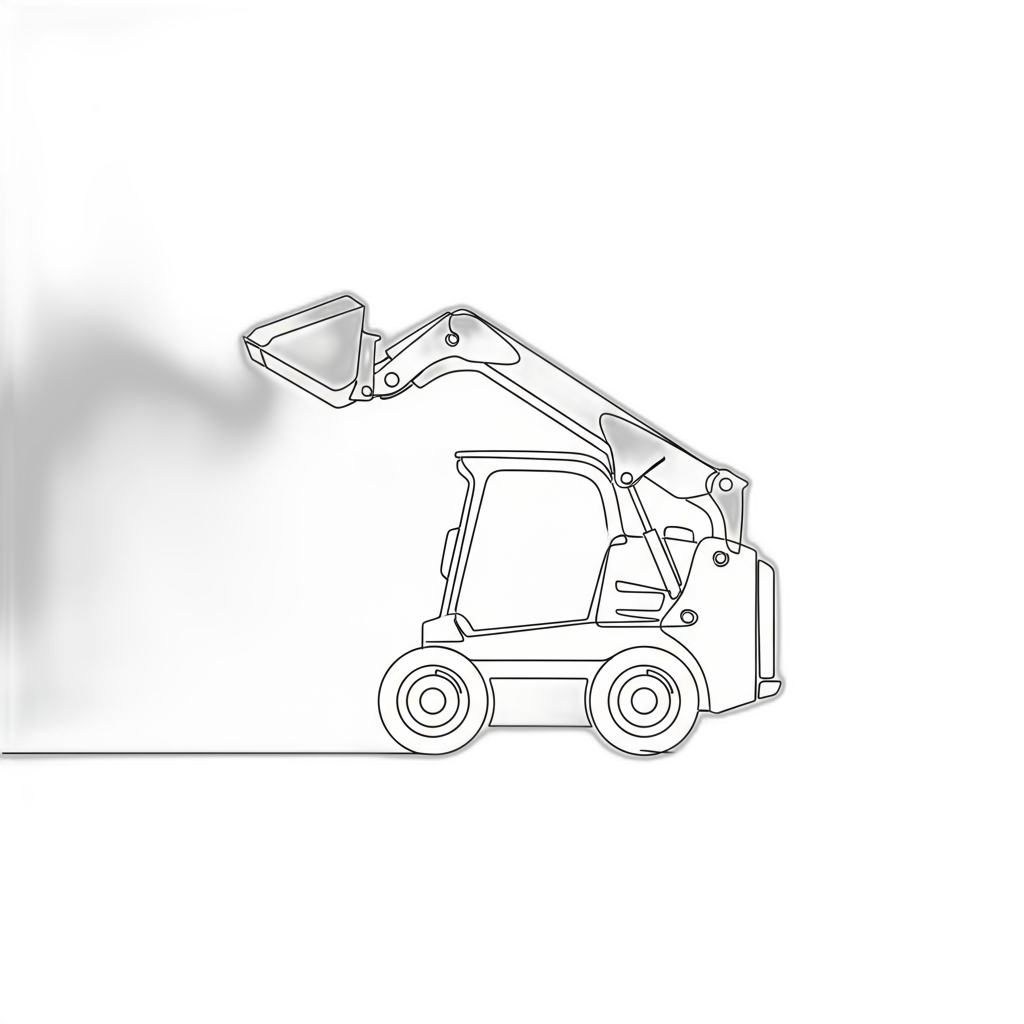


.svg)









